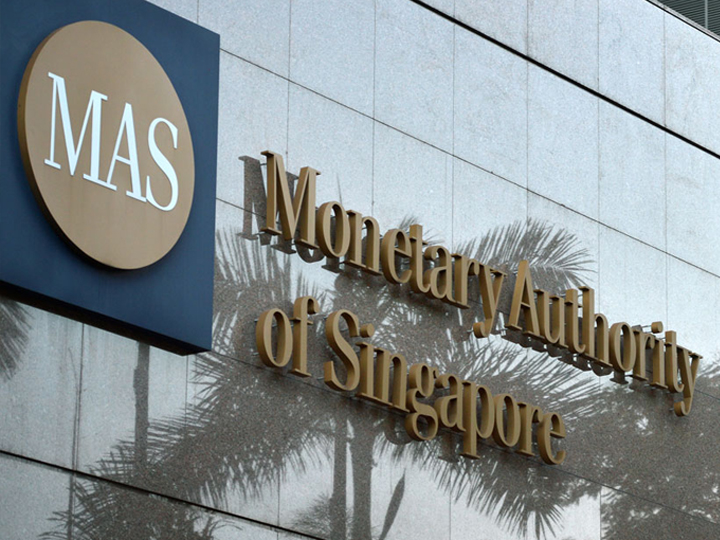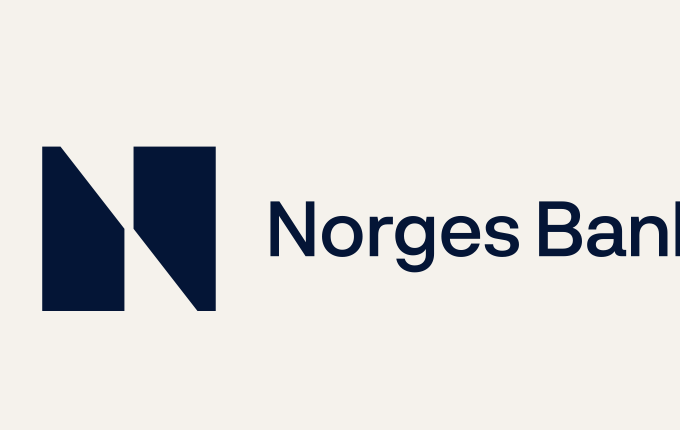
MAS to ramp up measures to fight money laundering, terrorism financing
By Annabeth Leow for Business Times
REGULATORS in Singapore are looking to ramp up targeted measures against financial crime, including tapping data analytics and boosting information sharing with financial institutions, said an official from the Monetary Authority of Singapore (MAS) on Wednesday morning.
Strong use of technology and closer collaboration between government and industry are the central bank’s two focus areas for the year ahead, Ho Hern Shin, assistant managing director of the banking and insurance group at the MAS, told a seminar held by the Association of Banks in Singapore.
But she added that it is important to strike a balance between both addressing money laundering and terrorism financing risks and improving financial inclusion of people who have trouble accessing banking services, such as those who have been previously convicted of crimes.
“In building a more inclusive society with greater financial participation, it is not our intention to burden banks with disproportionate monitoring of bank accounts,” Ms Ho said, in prepared remarks that were later sent to the media.
“To this end, we would like to work with banks to co-create solutions, for example, to explore the feasibility of introducing basic bank accounts for individuals with features and restrictions that, on one hand, are sufficiently permissive to enable the customer to perform daily functions, while at the same time ensuring there are adequate safeguards to mitigate the risks of the bank account being misused.”
She said that the MAS already applies data analytics tools to the more than 25,000 suspicious transaction reports filed each year by financial institutions in the Republic, and will glean better machine readability of the reports’ data when a revised form and reporting platform are introduced in August.
“Technology, and in particular data analytics, can significantly augment our ability to identify higher risk areas, and both the industry and MAS have begun to invest great efforts to tap on it,” said Ms Ho, noting that a report is forthcoming from an industry working group on data analytics applications.
She called “promising” one of its recommendations, about channelling coding and analytics talent into applied fields such as fighting financial crime.
Ms Ho also said that a private-public partnership on money laundering and terrorism financing, launched in April 2017, “has been helpful” but could be improved – “for example, through the sharing of more detailed context so as to enable (financial institutions) to mount more targeted checks”.
“We are now actively considering how we can improve the process of information sharing with financial institutions for this purpose,” she added.





